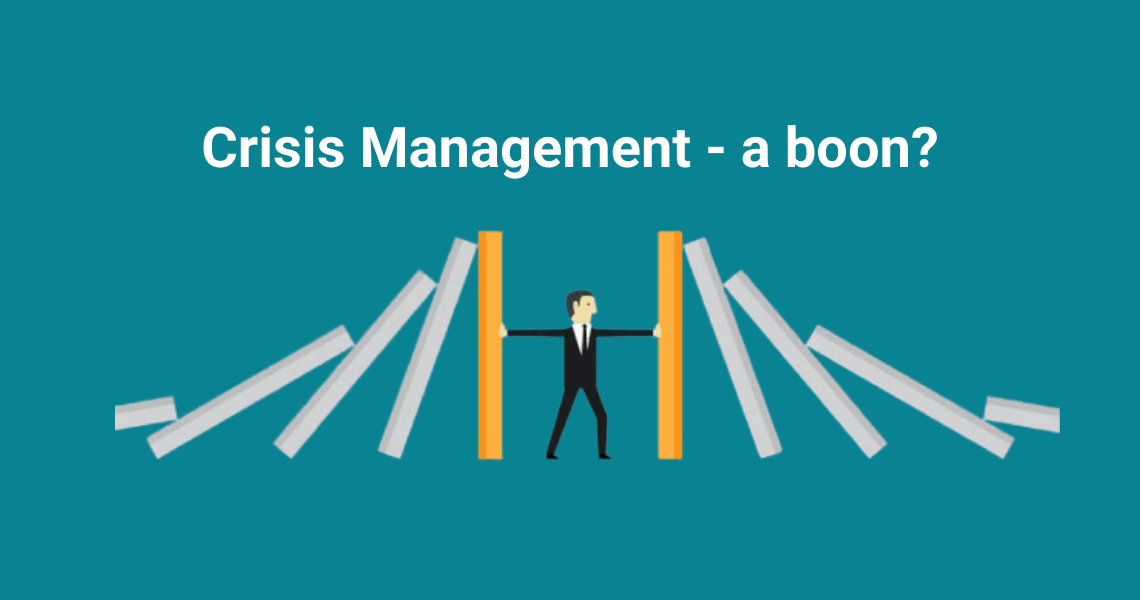In the world of business and public relations (PR), crises are inevitable. They can emerge from various sources, ranging from product recalls to social media blunders. How a company handles these crises can make or break its reputation. This article delves into the realm of PR crisis management, exploring its importance, common causes, strategies, and real-world examples.
Understanding PR Crisis Management

1. What Constitutes a PR Crisis?
A PR crisis refers to any event or circumstance that threatens the reputation or integrity of an individual, organization, or brand. These crises can manifest in numerous forms, including scandals, accidents, lawsuits, or negative publicity.
2. Importance of PR Crisis Management
In today’s hyper-connected world, news travels fast, and public opinion can shift swiftly. Effective PR crisis management is essential for safeguarding the reputation and credibility of a company. It allows organizations to mitigate damage, regain public trust, and emerge stronger from adversity.
Common Causes of PR Crises
1. External Factors
External factors such as natural disasters, economic downturns, or industry-wide scandals can trigger PR crises. These events are often beyond the control of the organization but require a proactive and strategic response.
2. Internal Factors
Internal factors like management misconduct, product defects, or employee misbehavior can also precipitate PR crises. Poor internal communication, lack of oversight, or ethical lapses within the organization can exacerbate these situations.
Steps for Effective PR Crisis Management
1. Preparation and Planning
Preparation is key to effectively managing PR crises. Companies should develop comprehensive crisis management plans, identify potential risks, and establish clear communication protocols. Conducting regular crisis drills and training sessions can help teams respond swiftly and decisively during emergencies.
2. Timely Response
In the face of a crisis, prompt action is crucial. Organizations must acknowledge the situation, take responsibility where necessary, and provide timely updates to stakeholders. Delayed or evasive responses can further escalate the crisis and erode trust.
3. Transparent Communication
Transparency is paramount in crisis communication. Open and honest dialogue with the public, media, and other stakeholders fosters trust and credibility. Organizations should provide accurate information, address concerns proactively, and demonstrate accountability for their actions.
4. Rebuilding Trust
Rebuilding trust takes time and concerted effort. After the immediate crisis has been resolved, companies should engage in reputation repair initiatives, such as offering apologies, and compensation, or implementing corrective measures. Consistent and genuine efforts to rectify mistakes can help restore confidence in the brand.
Case Studies of Successful PR Crisis Management
1. Johnson & Johnson Tylenol Crisis
In 1982, Johnson & Johnson faced a PR nightmare when cyanide-laced Tylenol capsules led to several deaths. The company responded swiftly by recalling all Tylenol products, redesigning packaging, and implementing tamper-resistant seals. Their transparency and decisive action helped salvage their reputation and set a new standard for crisis management.
2. United Airlines Passenger Incident
In 2017, United Airlines faced backlash after a video emerged showing a passenger being forcibly removed from an overbooked flight. Despite initial missteps, the company issued a public apology, promised a thorough investigation, and implemented policy changes to prevent similar incidents. While the damage was significant, United’s proactive response mitigated some of the fallout.
The Role of Social Media in the PR Crisis
1. Amplification of Crisis
Social media has revolutionized crisis communication, amplifying both the reach and speed of information dissemination. Viral videos, hashtags, and user-generated content can quickly escalate minor issues into full-blown crises, demanding swift and adept responses from organizations.
2. Strategies for Handling Social Media Crises
Effective management of social media crises requires active monitoring, rapid response capabilities, and engagement with online communities. Companies should listen to feedback, address concerns publicly, and leverage social media platforms to disseminate accurate information and counter misinformation.
The Importance of Monitoring and Evaluation
1. Continuous Monitoring
PR crises can evolve rapidly, requiring ongoing monitoring and assessment. Companies should employ media monitoring tools, social listening platforms, and sentiment analysis to stay informed of emerging threats and gauge public perception.
2. Post-Crisis Evaluation
After the dust has settled, it’s crucial to conduct a comprehensive post-mortem analysis of the crisis response. Assessing what went well, what could have been improved, and identifying lessons learned can inform future crisis preparedness efforts and strengthen organizational resilience.
Conclusion
In an era of heightened scrutiny and instant communication, effective PR crisis management is indispensable for businesses and brands. By anticipating potential risks, adopting proactive strategies, and prioritizing transparency and accountability, organizations can navigate through turbulent times and emerge with their reputation intact.
If you’re interested in experiencing firsthand how AIM Technologies can help streamline your PR crisis management efforts, we invite you to request a demo today. Take proactive steps towards safeguarding your reputation and ensuring a resilient future for your organization.
FAQs
How can companies prepare for potential PR crises?
- Companies can prepare by developing comprehensive crisis management plans, conducting risk assessments, and training staff through crisis drills.
What role does leadership play in PR crisis management?
- Strong leadership is essential for guiding decision-making, fostering a culture of transparency, and providing direction during crises.
How should companies respond to social media crises?
- Companies should respond swiftly, openly, and transparently on social media, addressing concerns, correcting misinformation, and demonstrating accountability.
What are the long-term effects of a poorly managed PR crisis?
- A poorly managed PR crisis can result in lasting damage to a company’s reputation, loss of customer trust, and financial repercussions.
Why is post-crisis evaluation important?
- Post-crisis evaluation allows companies to learn from their experiences, identify areas for improvement, and strengthen their crisis management capabilities for the future.




